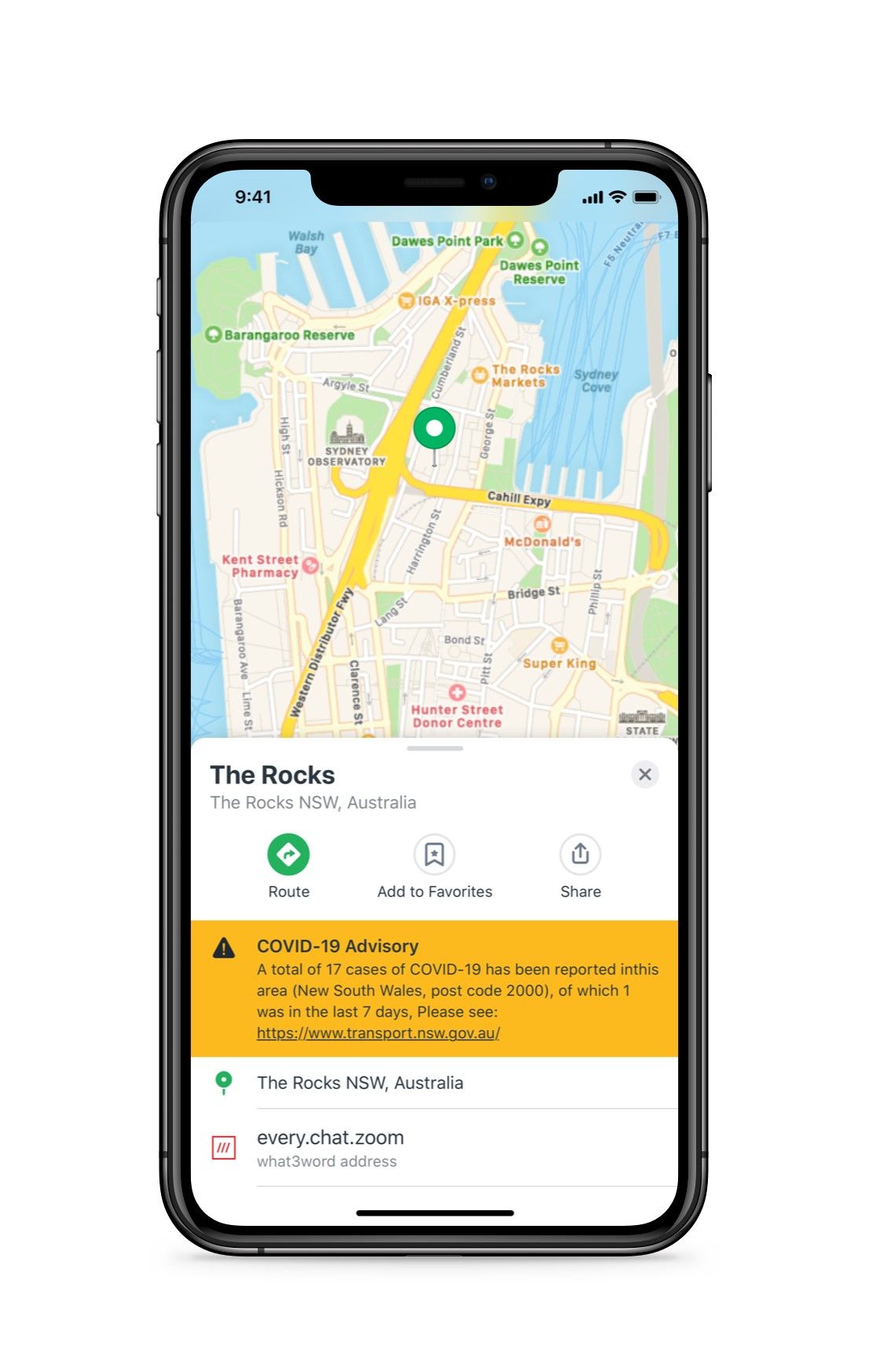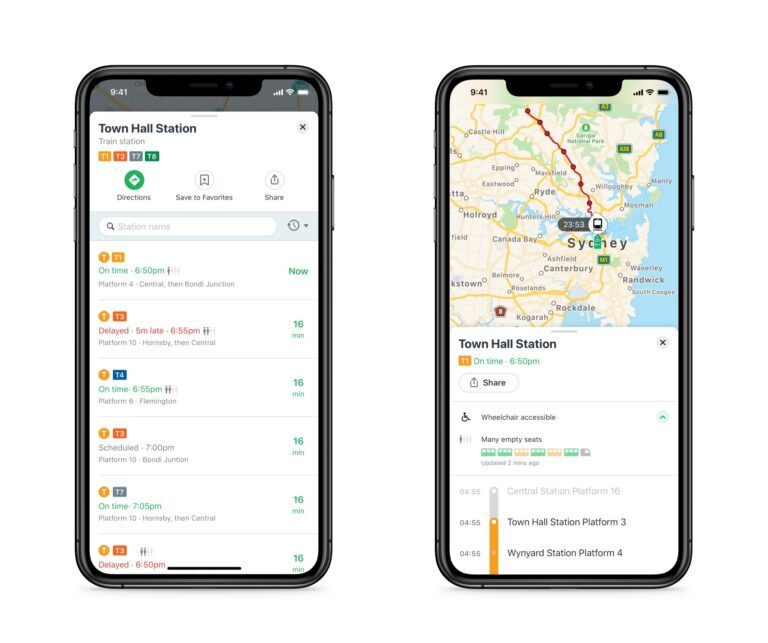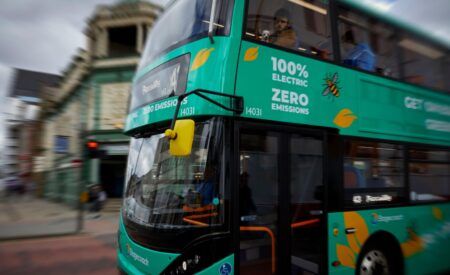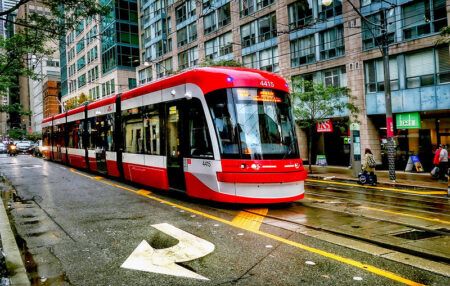As the world looks cautiously toward a ‘new normal’ as Covid-19 lockdowns are eased and greater amount of travel is allowed, so technology firms are looking at ways in which smart systems can help – which is why Mobility as a Service (MaaS) tech-enabler SkedGo is launching a new feature that enables passengers to assess crowding levels before they travel.
 The feature allows passengers to choose quieter routes and carriages, or switch to alternative forms of transport to maintain social distancing, such as cycling or e-scooters. The occupancy feature has been trialled using open source data from Transport for New South Wales in Sydney, Australia, and can be rolled out worldwide, depending on data availability.
The feature allows passengers to choose quieter routes and carriages, or switch to alternative forms of transport to maintain social distancing, such as cycling or e-scooters. The occupancy feature has been trialled using open source data from Transport for New South Wales in Sydney, Australia, and can be rolled out worldwide, depending on data availability.
App developers and local transport authorities will also be able share government Covid-19 health alerts through SkedGo’s TripGo API (Application Programming Interface) or SDK (Software Development Kit) tools.
“Transport use is at a record low and recent research has found that 61% of passengers will feel wary using public transport after Covid-19 lockdown measures are lifted,” says John Nuutinen, CEO of SkedGo. “We truly believe technology can be a force for good, providing information to reduce the risk of exposure to the virus and protect the safety of all transport users today and tomorrow.
“The features we have built into our API, SDK and white label integrations enable passengers to be more informed and confident in their decision-making, using data to prioritise routes that involve reduced human contact or time in transit.”
“We are keen to share this tech with any city that can provide occupancy data from its public transport services.”
SkedGo’s occupancy feature and Covid-19 alerts use open source data from operators to present real-time information on passenger numbers, arrival times and service information, such as alternative boarding procedures for trains, buses, trams or ferries. In the future, information on cleanliness could also be introduced.





